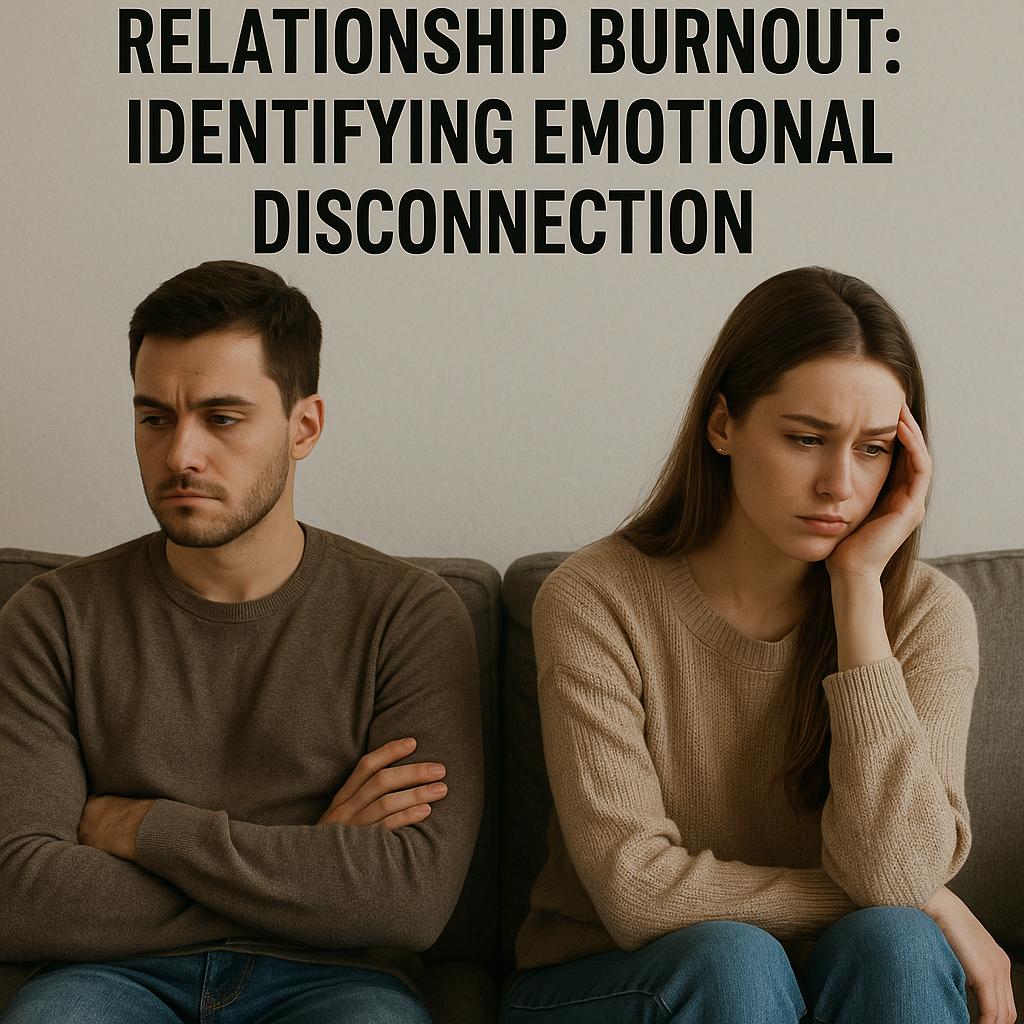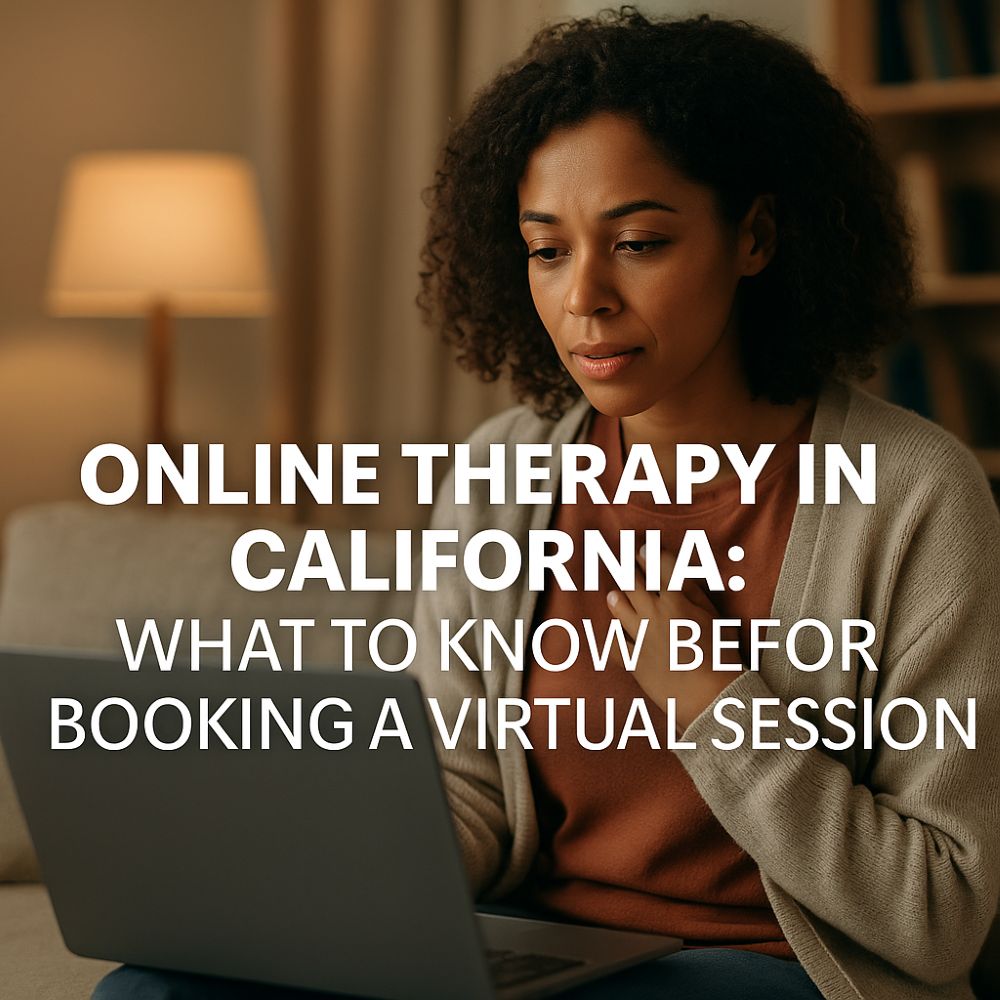Recently, on a flight to Maui, I witnessed a moment that perfectly highlighted the power of empathy. About two hours into the flight, I was dosing off to sleep, and suddenly, the peace was shattered by a wailing baby’s startling cries. As I looked around the plane, passenger reactions varied—some offered supportive glances, while others expressed mild annoyance or frustration. But on this flight, something different happened. A small boy, maybe three years old, slipped out of his seat, toddled over to the crying infant, and offered his pacifier. I was stunned and awestruck by this small yet powerful act!
His tiny gesture spoke volumes. It wasn’t just an act of comfort; it was his instinctual demonstration of heart-felt empathy. In other words, that little boy didn’t just hear the cry; he felt the unspoken and deeply primal needs behind each cry. If you think about your close and intimate relationships, we all crave this level of connection—to be seen, heard, and understood without needing to explain ourselves.
That’s why empathy is foundational for deep, healthy relationships. It has the power to help us self-soothe, transform communication, resolve conflicts, and strengthen emotional bonds. In today’s post, I will discuss how you can practice empathy more effectively and why it makes such a profound difference in relationships.
Let’s start with some important questions I get asked a lot:
- How Can I Practice Empathy Daily in My Relationship?
Practicing empathy involves key ingredients like active listening, acknowledging your partner’s feelings, asking open-ended questions, and offering reassurance. Consistent small acts of empathy—like validating emotions and being present—can strengthen your emotional connection over time. - What Are the Benefits of Empathy in a Marriage or Committed Relationship?
Empathy fosters deeper understanding, improves communication, and helps resolve conflicts faster. It nurtures emotional intimacy, making partners feel heard, valued, and more connected, which builds a stronger, more secure bond. - Can Lack of Empathy Lead to Relationship Issues?
Yes, without empathy, partners can feel misunderstood or dismissed, leading to emotional distance and unresolved conflicts. Over time, this can damage trust and weaken the relationship, causing partners to drift apart emotionally.
Now, let’s dig deeper into how empathy affects communication between people.
Why Is Empathy Important in Relationships?
Empathy is about understanding and connecting to your partner’s feelings. It’s not just about hearing words—it’s tuning into the emotions beneath them. In emotionally focused couples therapy, empathy plays a key role in helping couples become more emotionally open, responsive, and in tune with each other’s needs.
Imagine you had a hard day at work and confided in your partner about how overwhelmed you felt. Which of the following responses would comfort you more: “Well, you just need to toughen up,” or “I’m so sorry you’re feeling this way—it sounds really hard?” The difference between these two responses illustrates the power of empathy. The first response dismisses your emotions; the second validates and supports them.
Keep in mind that trying to support someone with an empathic response doesn’t require you to fully agree with your partner. Let me say that again: an empathic response doesn’t require you to fully agree with your partner’s perspective on a matter. Instead, it helps you acknowledge their experience and feelings alongside your perspective, bringing both views together without minimizing the other.
The 4 A’s of Empathy
To help you practice empathy in your relationship, remember the 4 A’s of empathy. These four steps can serve as your foundation for creating deeper emotional connection:
- Affirm: Validate your partner’s thoughts and ideas. A simple statement like “I hear what you’re saying, and it makes sense” can make them feel understood and respected.
- Acknowledge: Recognize their emotions by naming them. For example, saying something like, “I see that you’re feeling frustrated about this…” helps your partner feel recognized and understood.
- Appreciate: Show gratitude for your partner’s vulnerability. Saying something like, “Thanks for sharing how you felt with me,” validates the emotional risks involved with being transparent and vulnerable.
- Offer Assurance: Reassure your partner that you are there to support them. Heartfelt statements like, “We’ll work through this together” foster security and comfort.
By practicing the 4 A’s of empathy, you create a safe space for your partner to express their true feelings, fostering a sense of closeness, emotional safety, and understanding.
How Empathy Transforms Conflict
When couples hit a rough patch or have a disagreement, it can be easy to focus solely on your side of the story. However, practicing empathy during those tough conversations is crucial. It encourages you to see things from your partner’s perspective, promoting understanding rather than defensiveness.
For example, if your partner expresses feeling hurt by a comment you made, an empathetic response would be, “I didn’t mean to hurt you, but I understand why my words may have felt that way.” This shifts the conversation from blame to understanding, helping both of you understand each other and get to the root of the issue.
When empathy is present, even disagreements become opportunities to grow closer. Couples learn to respond to emotions, not just words. And it’s that emotional responsiveness that helps you both feel valued and heard.
Empathy in Emotionally Focused Couples Therapy
One of the cornerstones of emotionally focused couples therapy (the approach I use in my private practice) is enhancing empathy between partners. This powerful approach aims to help couples be emotionally open, attuned, and responsive to each other. Even more, if empathy is offered consistently, it lays the foundation for secure emotional bonds and lasting love.
Empathy allows you to connect deeply with your partner’s emotions and to respond in a way that says, “I’m here. I understand. You’re not alone.” It creates a space where both partners can safely express their deepest fears, hopes, and needs–and do so without feeling judged!
Practical Ways to Build Empathy Daily
It’s important to note that empathy isn’t just a theoretical concept—it’s a daily practice that deepens with time and effort. Here are some practical ways to infuse more empathy into your relationship:
- Active Listening Without Interrupting: Let your partner speak fully before you respond. Instead of formulating your rebuttal, truly listen. Focus on their words, body language, and tone. Reflect on what they’re feeling.
- Use Reflective Statements: After your partner shares their feelings, reflect back on what you’ve heard. Phrases like, “It sounds like you’re feeling…” show that you’re trying to connect to their emotions and gain clarity on their perspective.
- Ask Open-Ended Questions: Encourage deeper sharing by asking questions like, “Can you tell me more about how you’re feeling?” or “What can I do for you right now?” This approach fosters connection rather than shutting down the conversation.
- Self-Reflect and Regulate: If you find yourself getting defensive or overwhelmed during a discussion, take a moment to self-regulate. Breathe deeply, soothe your reactions, and then refocus on your partner’s angle on the matter, and come back to the conversation with a clearer, more empathetic mindset.
Consequences of a Lack of Empathy
Although empathy is helpful in all relationships, when it’s absent, couples can find themselves stuck in a cycle of misunderstandings, emotional disconnection, and intense frustration. For example, a lack of empathy often turns conversations into monologues, where each person is speaking at the other instead of with them.
Imagine a scenario where every time you share your feelings, your partner dismisses them or becomes defensive. Over time, you’d likely feel invalidated, unheard, and reluctant to open up again. This emotional distance can create lasting damage, leading to unresolved conflicts and deep resentments.
On the flip side, practicing empathy helps to repair those cracks in communication. It encourages a dialogue where both partners feel safe to be open, knowing they will be supported and understood.
Empathy as a Pathway to Secure Connection
Empathy is more than just a technique—it’s a way of being in a relationship. Practicing empathy is about choosing to see your partner, recognizing their needs and feelings, and responding with compassion. Over time, these small yet powerful acts accumulate, building a secure emotional foundation where both partners feel valued and loved.
In emotionally focused couples therapy, the aim is to strengthen these empathetic connections so that partners learn to naturally attune to each other’s emotions. This kind of openness promotes growth, personal healing, and a more meaningful bond.
The Impact of Empathy on Everyday Interactions
Think of empathy as an emotional muscle—the more you use it, the stronger it becomes. It’s not reserved for major conflicts or deep conversations but can be practiced in everyday moments. Whether it’s a tough day at work, feeling overwhelmed with parenting, or dealing with personal stress, empathy is the key to supporting each other through life’s ups and downs.
For instance, if your partner comes home tired and irritable, empathy allows you to say, “It seems like today was really tough for you. Do you want to talk about it?” rather than snapping back in irritation. By empathizing with your partner’s experience, you create a moment of connection instead of tension.
My Final Thoughts on How Empathy Reshapes Relationships
After 23 years of conducting therapy in Tustin, I believe that empathy is the cornerstone of all meaningful relationships. It’s what helps you and your partner move through conflict, strengthen communication, and deepen your emotional connection. When you choose empathy, you’re choosing to build a bond where both partners feel seen, supported, and cherished.
And remember that little boy on the plane—the one who offered his pacifier? Those small but mighty gestures make the world a better place. Empathy reaches out, invites, and feels the distress of another. In the end, empathy helps us respond with kindness and has the power to reshape not only our relationships but how we relate to everyone around us.
Ready to build a deeper connection? Schedule a free clarity call with me today to explore how empathy can transform your relationship. I would love it if we could work together to create the secure and loving bonds you deserve with those you call important!
Links and Resources
- Exploring the Science of Empathy in Everyday Practice
https://www.lisakaysolomon.com/resources/2019/12/16/exploring-the-science-of-empathy-in-every-day-practice - 6 Tips on How to Practice Empathy in Your Daily Life
https://29k.org/article/6-tips-on-how-to-practice-empathy-in-your-daily-life - Want to Feel More Connected? Practice Empathy
https://www.health.harvard.edu/blog/want-to-feel-more-connected-practice-empathy-2021022221992 - Empathy: A Cornerstone of Effective Communication and Connection
https://everydayspeech.com/blog-posts/general/empathy-a-cornerstone-of-effective-communication-and-connection/ - How to Develop Empathy in Relationships
https://www.verywellmind.com/how-to-develop-empathy-in-relationships-1717547 - Cultivating Empathy for Deeper Understanding
https://www.apa.org/monitor/2021/11/feature-cultivating-empathy - What Is Empathy and How Can It Benefit My Relationships?
https://www.masterscounselling.com/what-is-empathy-and-how-can-it-benefit-my-relationships - Empathy and Communication in Relationships
https://www.helpguide.org/relationships/communication/empathy







